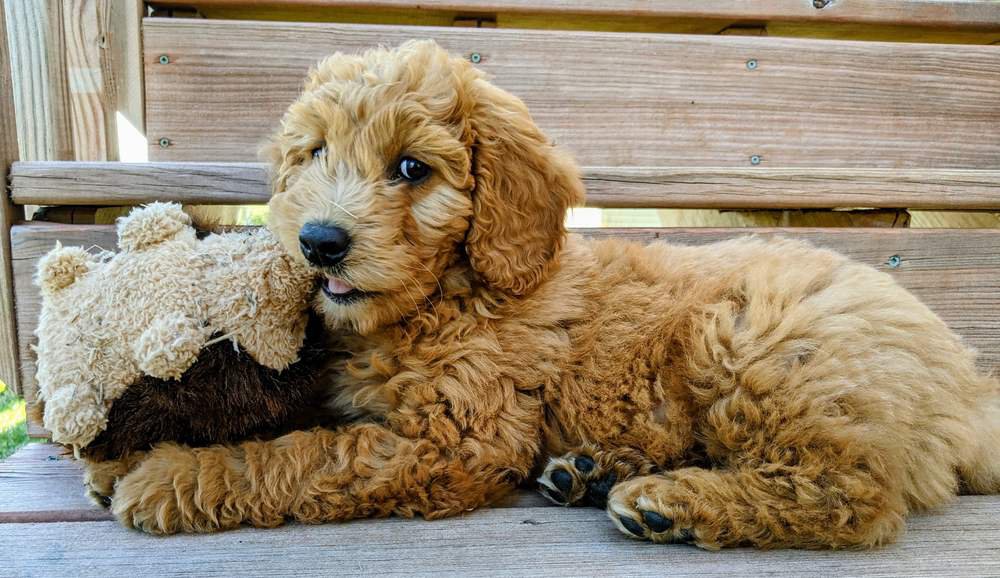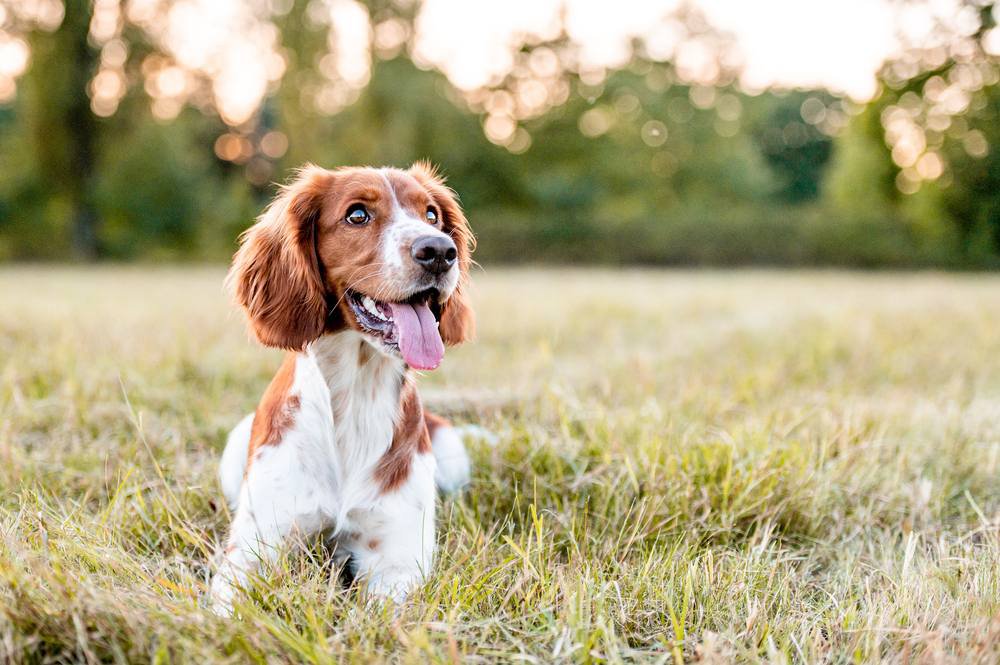Puppy's Emotional Development
Puppy's Emotional Development

From the moment your puppy enters your home, they begin to form impressions about their environment, you, and their new family. During the first few weeks, your puppy's emotional development centers around building a sense of trust and security. Just like human infants, puppies rely on warmth, comfort, and consistency to establish a strong foundation. The emotional development journey begins when a puppy opens its eyes. In the early weeks, puppies rely heavily on their senses. Their relationship with their mother and littermates plays a crucial role in shaping their emotional responses. During this time, puppies learn about warmth, touch, and the comfort of their mother's presence.
When you bring your new pup home, provide a designated space where your puppy feels safe and secure, such as a crate or a cozy corner with their bed and toys. Shower your puppy with gentle touches, soothing words, and delicious treats to reinforce positive associations with your presence. Gradually introduce your puppy to various people, places, and experiences, helping them feel confident in different situations.
As puppies become more mobile, their curiosity propels them into a new phase of discovery. This is when they start exploring their surroundings, which helps lay the foundation for their emotional resilience. Socialization becomes paramount as they learn to interact with humans, other animals, and various stimuli. Proper socialization during this phase can greatly influence a puppy's confidence and adaptability in adulthood.
While allowing room for exploration, maintain consistent rules and boundaries to instill a sense of safety and structure. Reward desired behaviors to encourage emotional stability and reinforce your puppy's trust in you. Continue exposing your puppy to a variety of people, dogs, and environments to build confidence and adaptability.
As your puppy matures, their emotional growth becomes increasingly evident in their demeanor and reactions. By promoting self-confidence, you are equipping them to face challenges with grace and courage.

Engage in interactive play and bonding activities to enhance the emotional connection between you and your pup. Offer mentally stimulating activities like puzzle toys and obstacle courses to build problem-solving skills and bolster self-assurance. Ensure positive experiences during grooming, vet visits, and encounters with other dogs to prevent fear and anxiety.
Around weeks 7 to 16, puppies begin to form attachments to their human caregivers. This is a critical time for building trust and forming a strong emotional bond. Positive experiences during this period can shape a puppy's outlook on the world, affecting how they respond to new experiences, people, and situations.

As your puppy transitions into adulthood, the emotional groundwork you've laid begins to bear fruit. Your once curious and sometimes uncertain pup now embodies a confident and well-adjusted companion. Enjoy the strong bond and deep attachment that comes from the trust you've nurtured since puppyhood. Equip your dog with coping strategies, such as calming behaviors and obedience cues, to manage stressors effectively. Continue providing the same love, attention, and routine that helped shape your puppy's emotional development.
Understanding and supporting your puppy's emotional development is a lifelong journey that extends into adulthood and beyond. By being attuned to their needs, fostering trust, and encouraging positive experiences, you're not only nurturing a confident and emotionally balanced companion but also building a bond that will enrich both your lives for years to come. As you witness your puppy's growth and transformation, you'll realize that the investment in their emotional well-being is a gift that keeps on giving—an unbreakable connection built on love and understanding.
As a pet parent, spending time observing and getting to know your puppy will help you better understand their needs and emotions, leading to a deeper and more fulfilling relationship. If you have questions regarding your puppy, don’t hesitate to reach out to us! The caring staff at the Family Puppy is here to support you on your journey as a pet parent.
